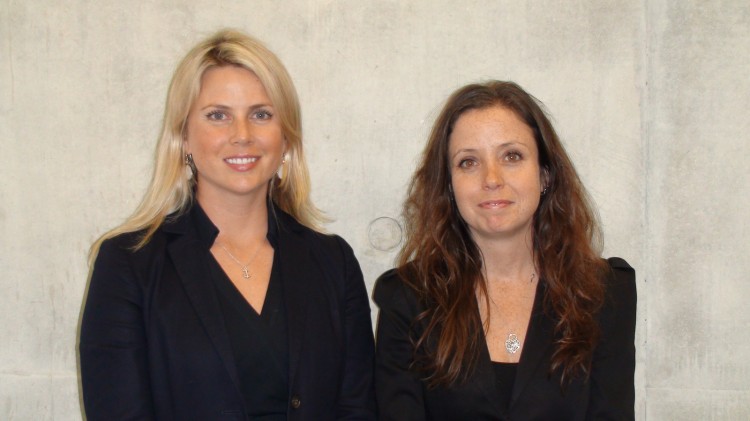High rates of obesity, hunger, and malnutrition can be found around the world, but a new organization believes that solutions may already be within reach.
Launched on Jan. 10, the food and agriculture think tank known as Food Tank is on a mission to save a sick food system. The organization wants to get people better access to nutritious food, all while saving the environment, protecting food security, and giving the farmer a better wage.
It may sound like a tall order, but Food Tank co-founder Danielle Nierenberg has already seen many solutions in practice.
“There are already organizations working on the ground in every country in the world that are helping to improve soil quality, improve water quality, improve income, and increase gender equity,” said Nierenberg.
“But these smaller-scale innovations—even though they have a lot of potential to be replicated and scaled up—don’t get the attention, they don’t get the research, and they ultimately don’t get the investment they need,” she added.
Policymakers tend to overlook many innovative and even low-cost agriculture strategies in favor of what Nierenberg calls “the big, sexy, new technologies.”
But while the modern methods consistently get the lion’s share of funding, they may be more trouble than they are worth.
“What we’ve seen, especially with biotechnology which we’ve been investing a lot of money in over the last 20 years, is that it’s not living up to its promises,” said Nierenberg.
A Broken System
For decades, American agriculture has focused nearly all its resources on just a few crops, mainly corn and soy.
It is a strategy that has been celebrated for its high yields and reduced costs, but critics contend that people’s health and that of the planet have noticeably suffered as a result.
“More and more research is coming out about how obesity and poverty really go together,” said Nierenberg. “They’re the result of the same thing: a broken food system that either doesn’t provide enough food or enough nutritious food.”







